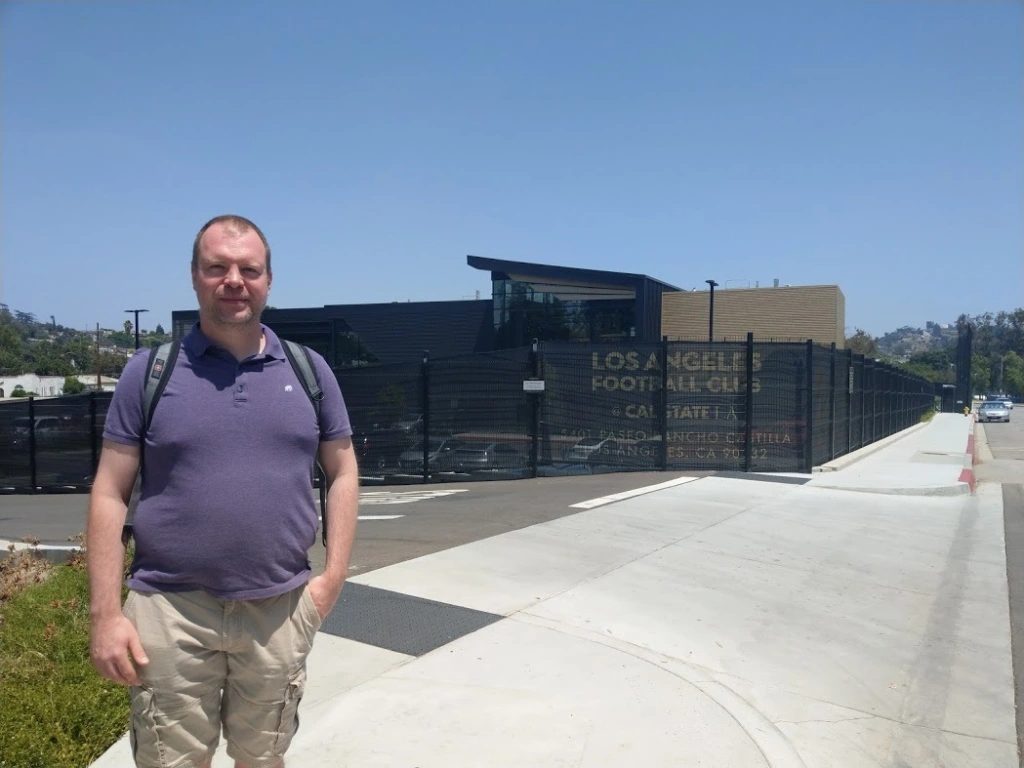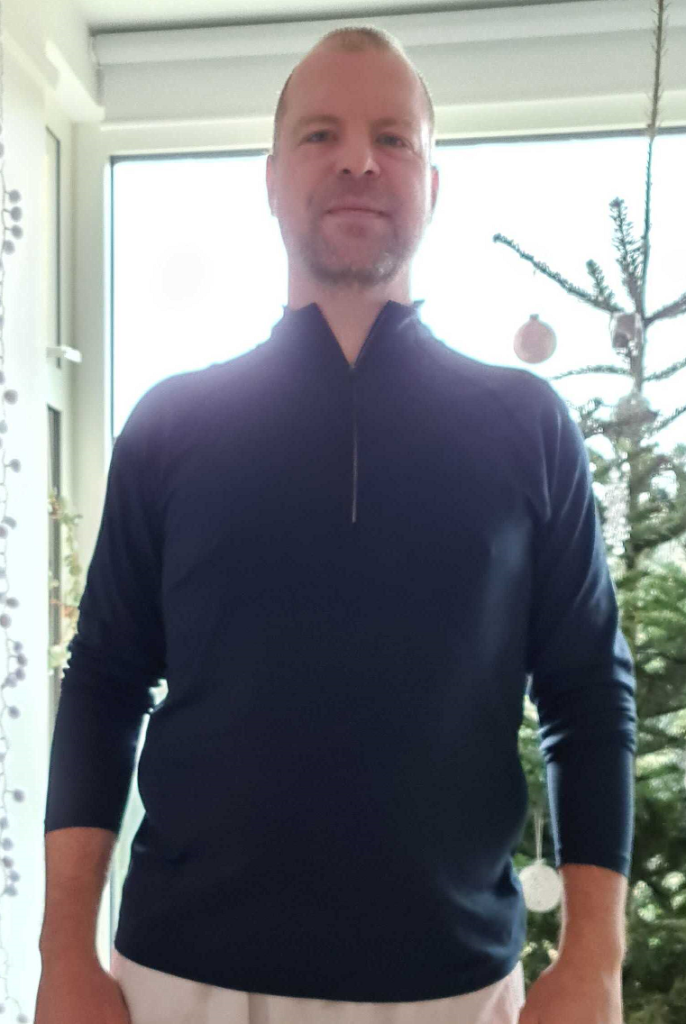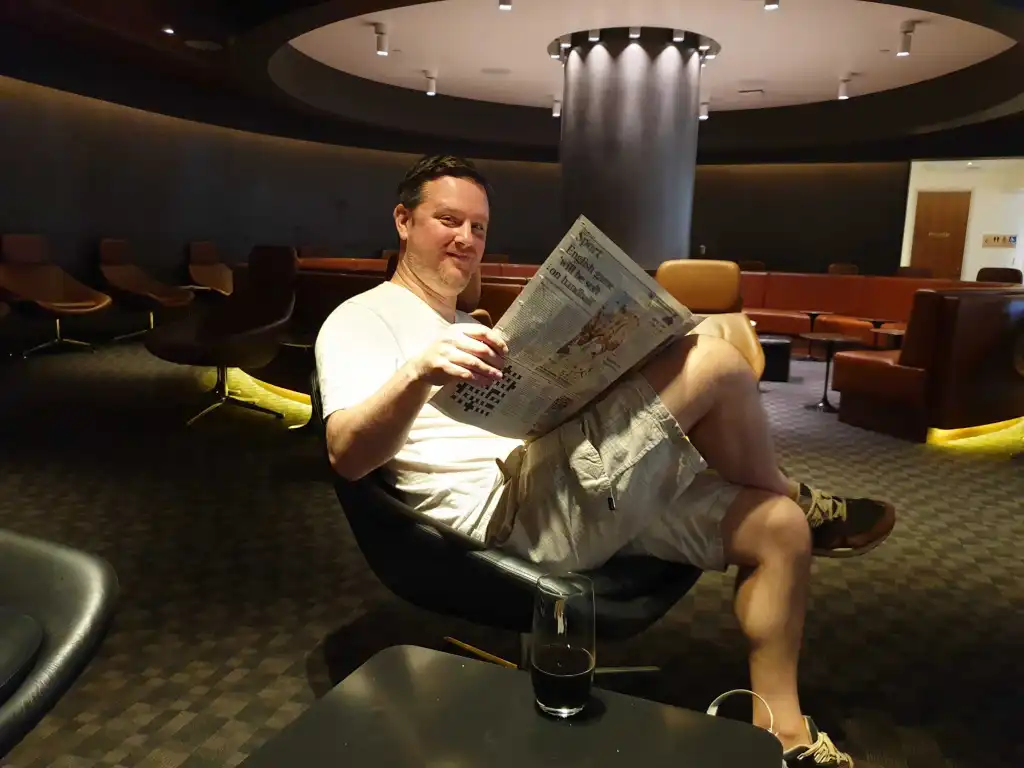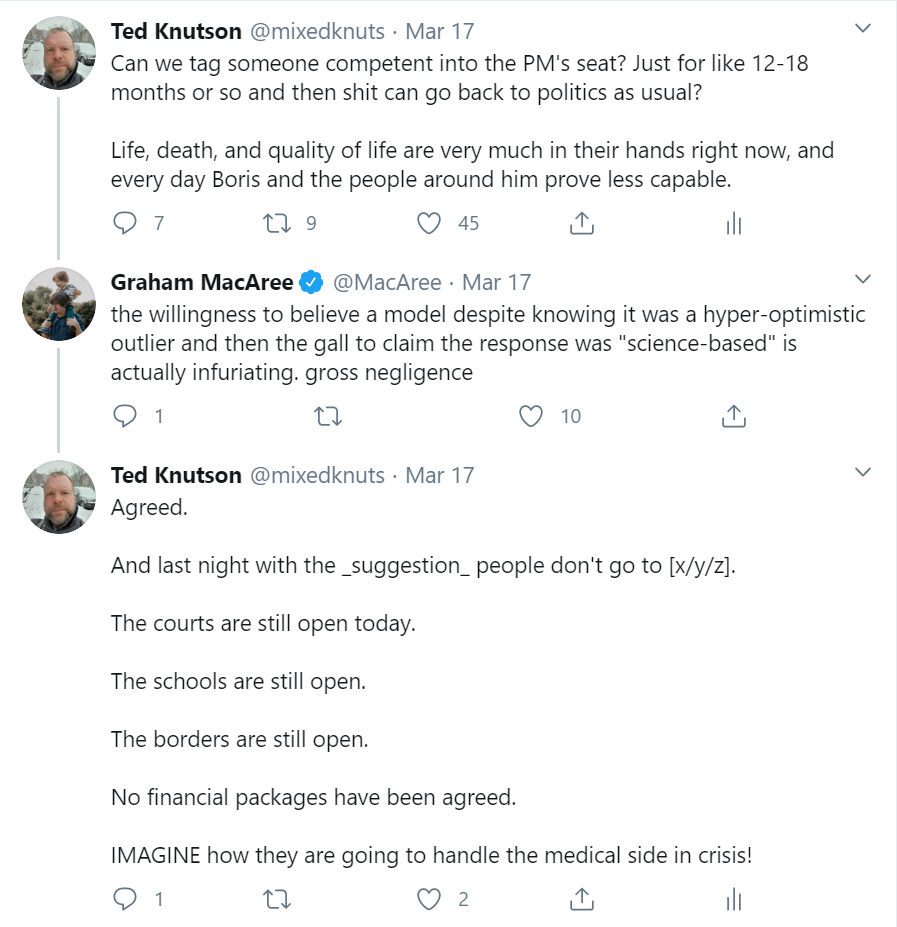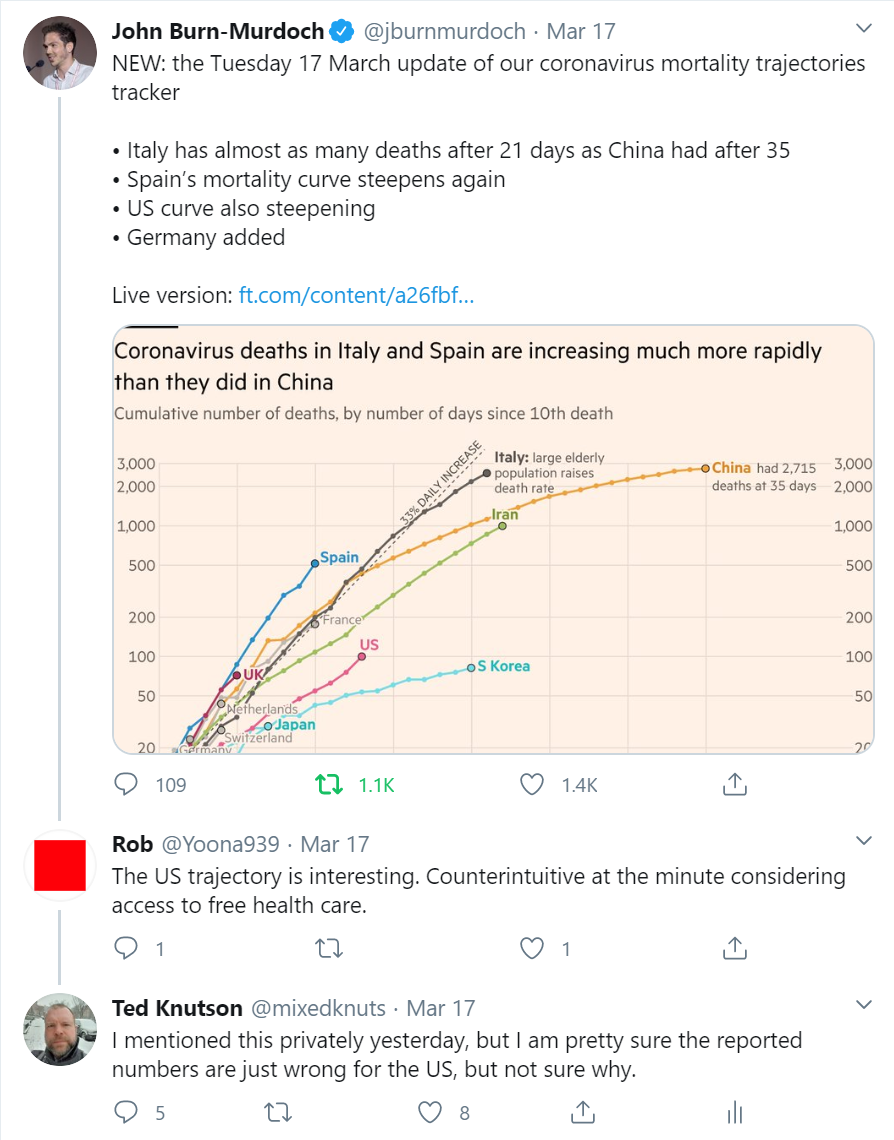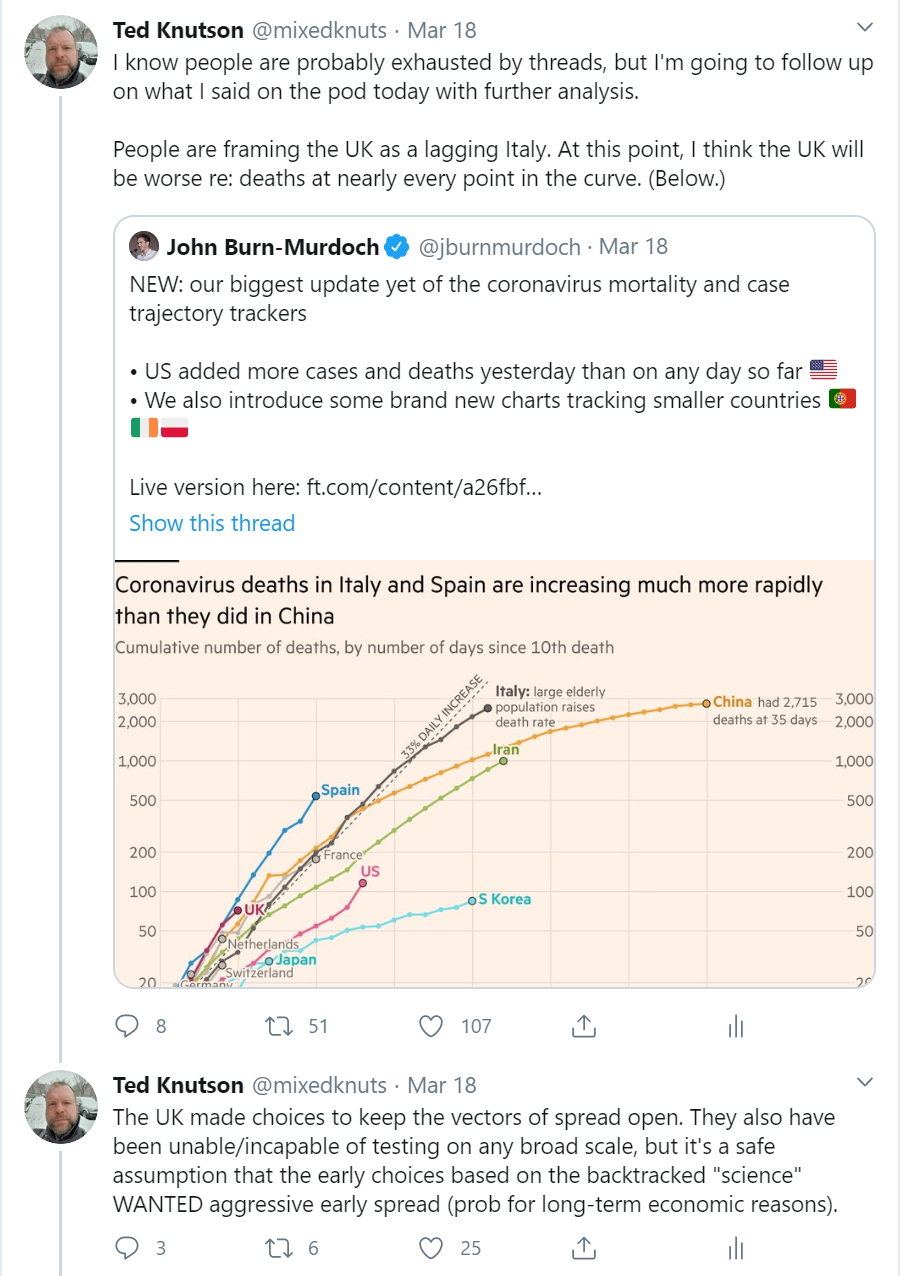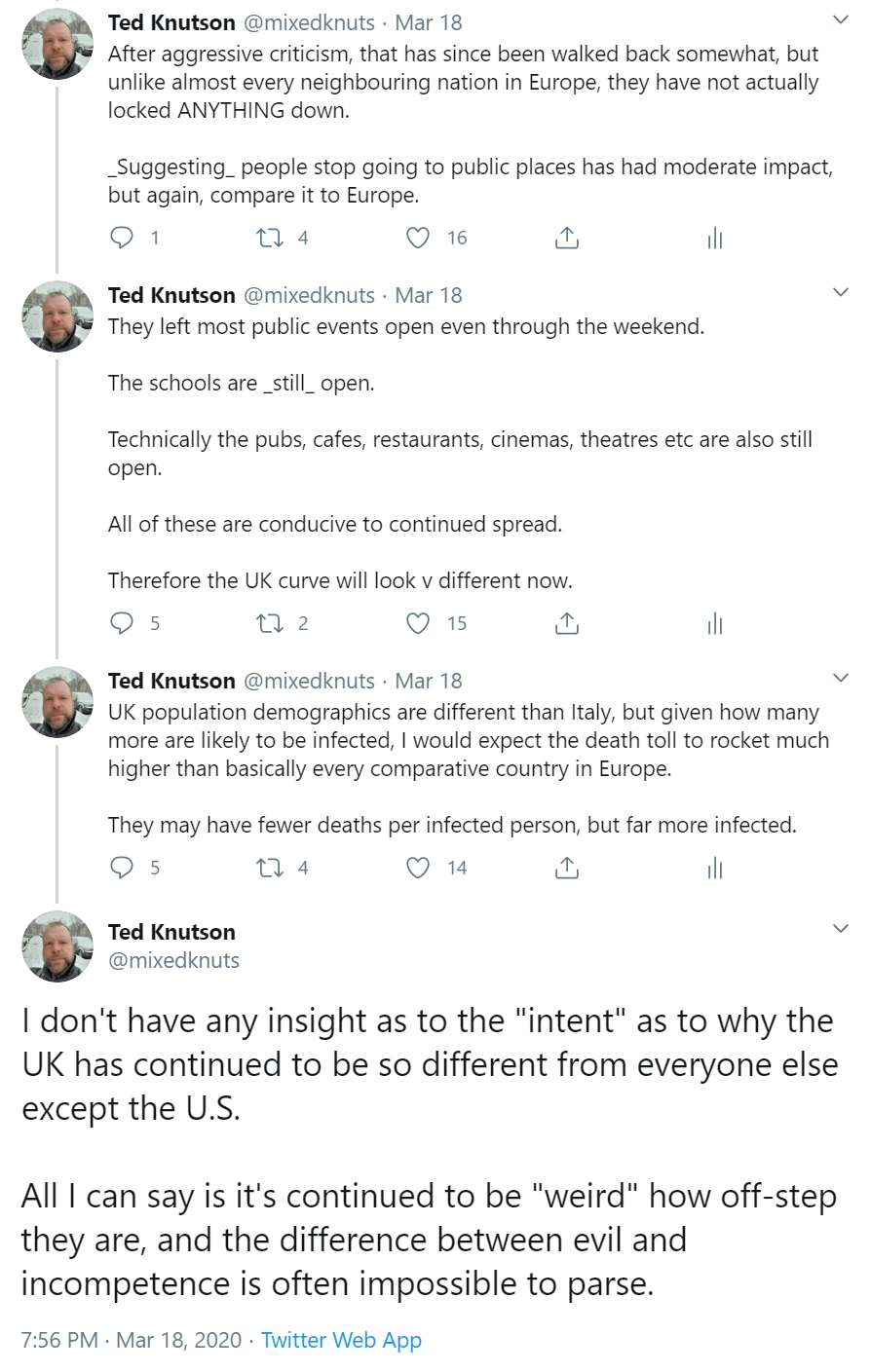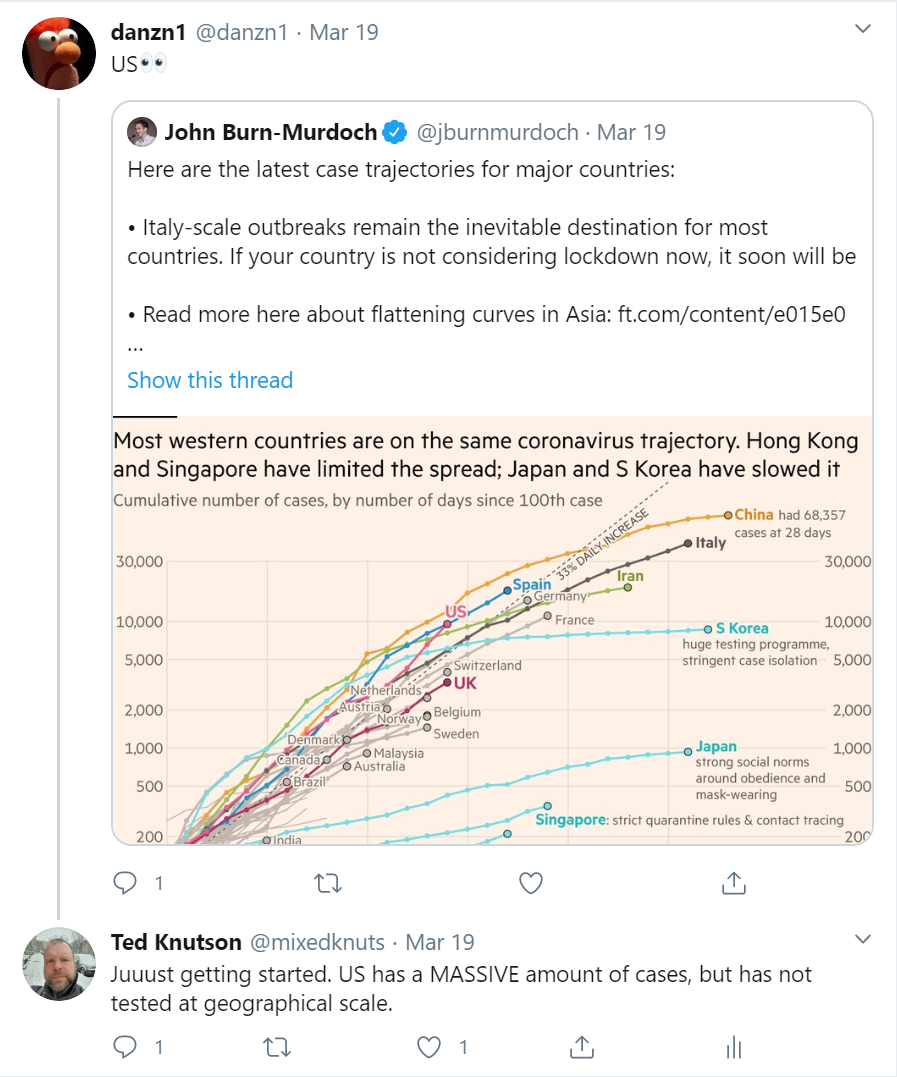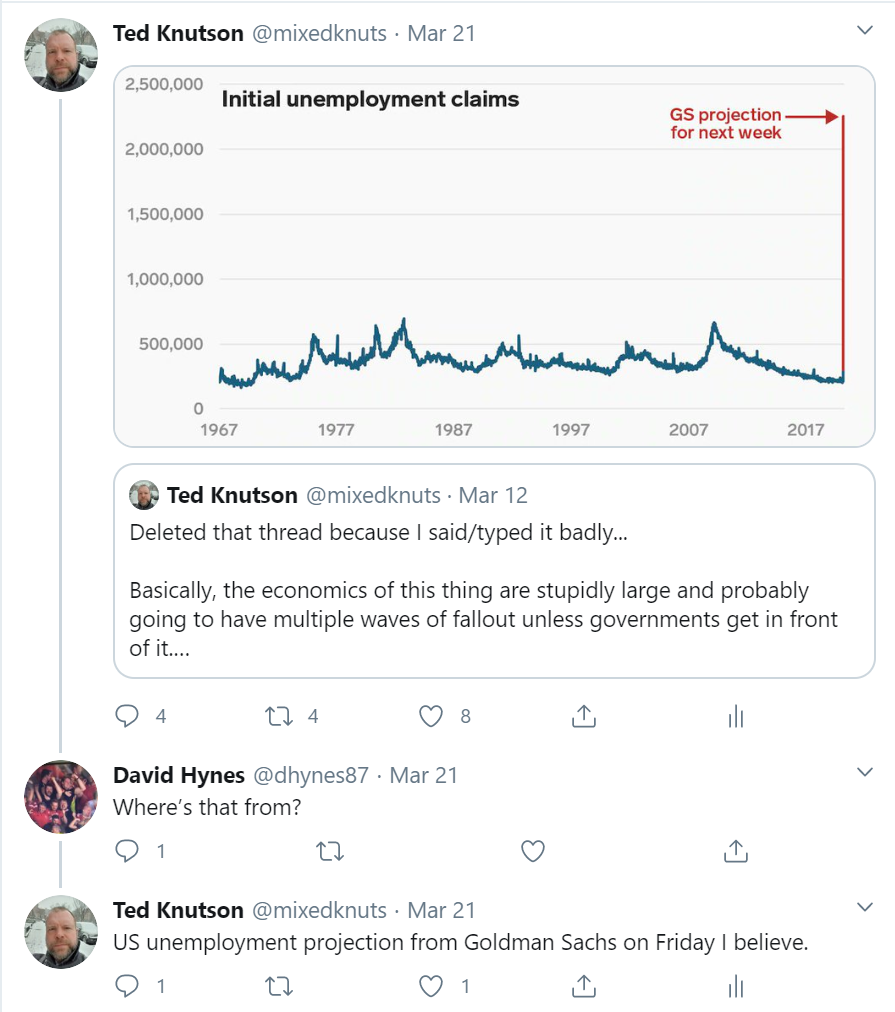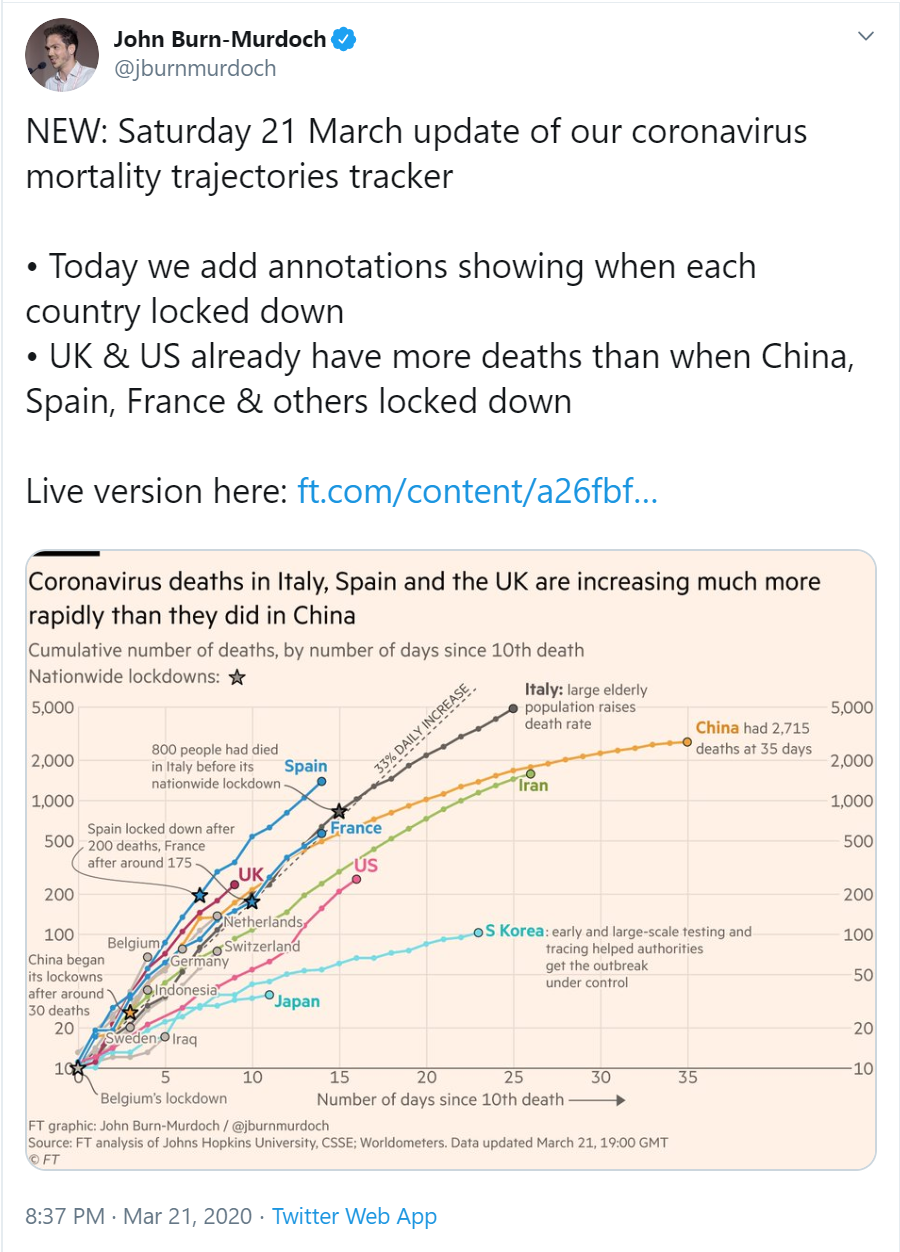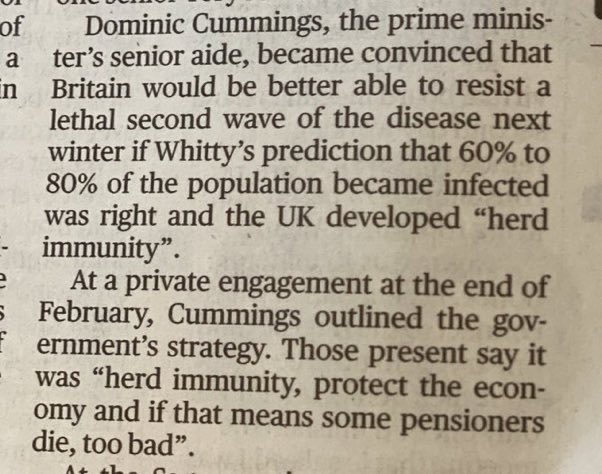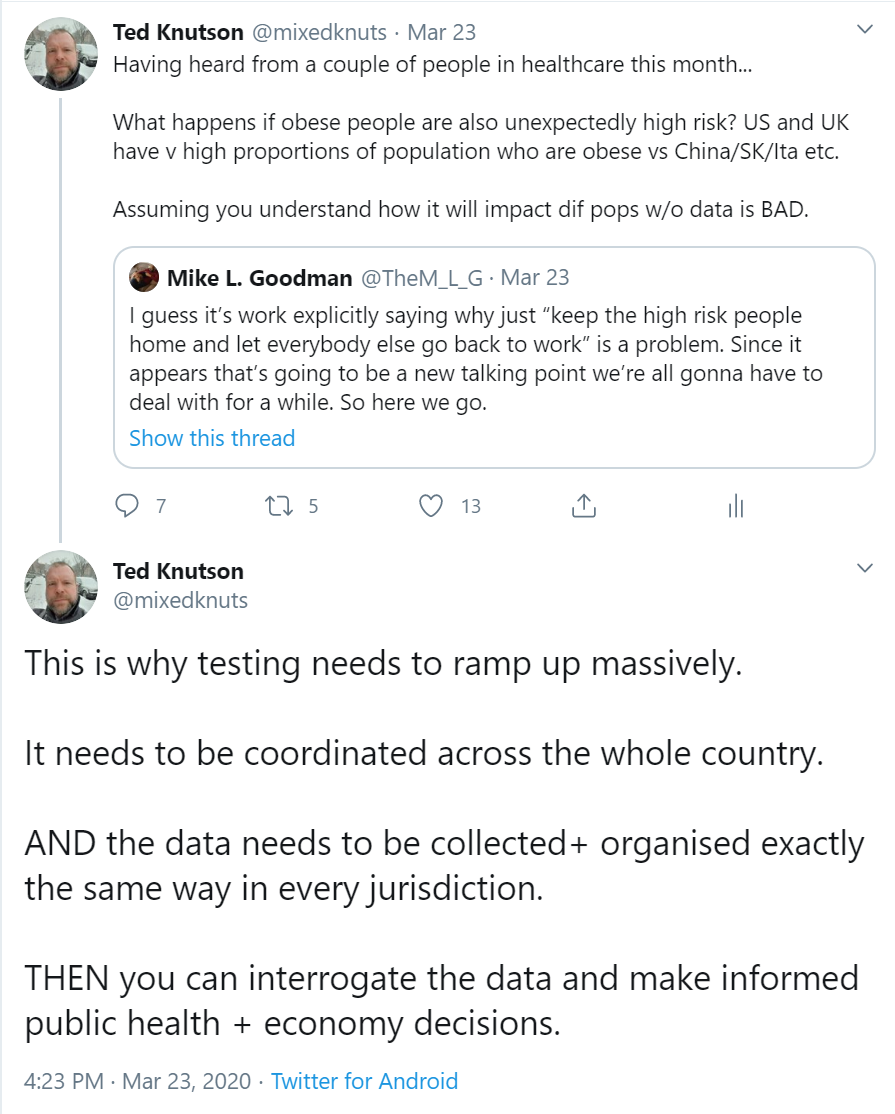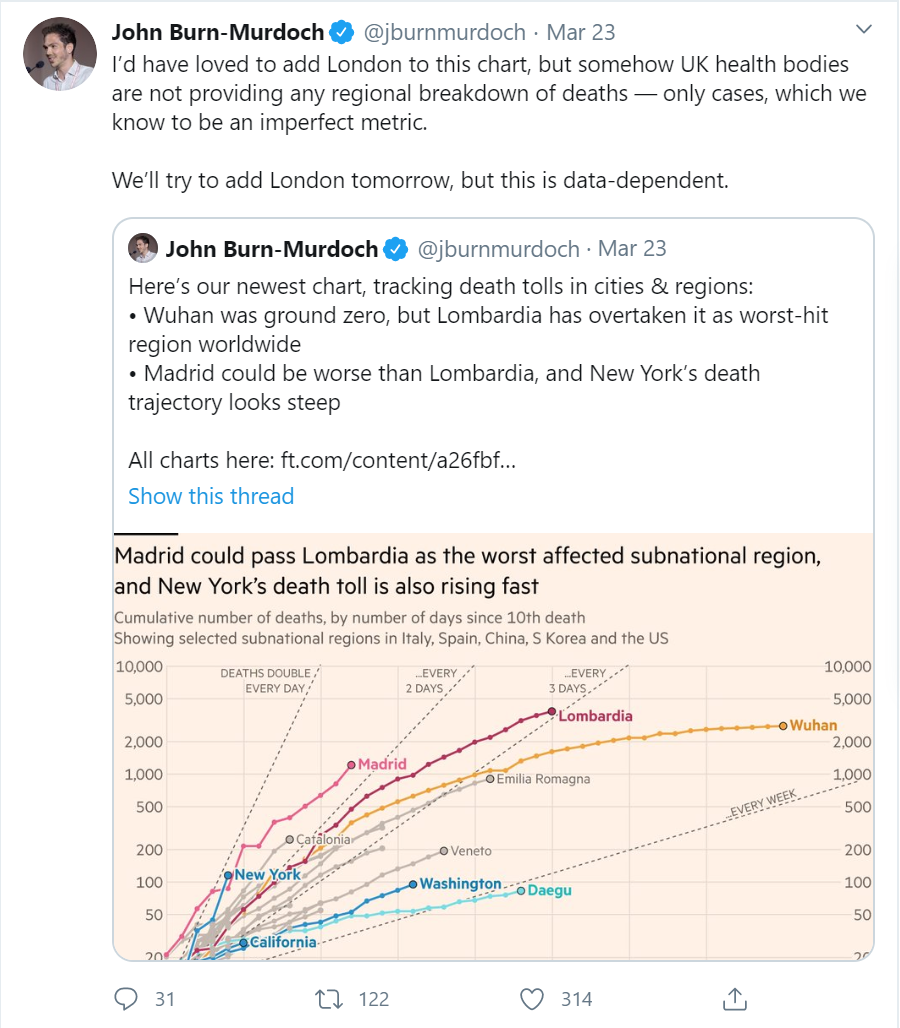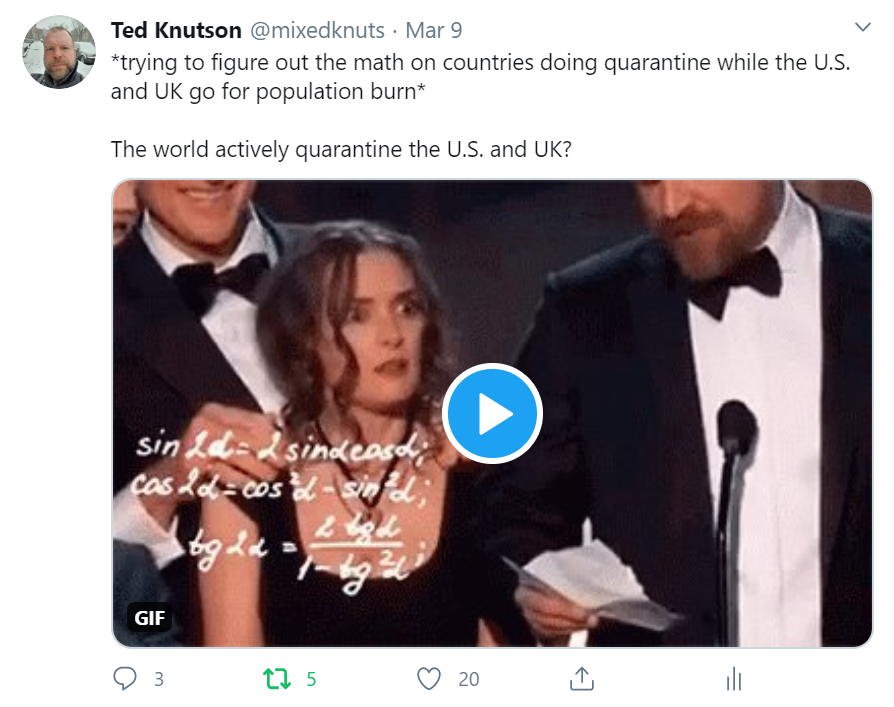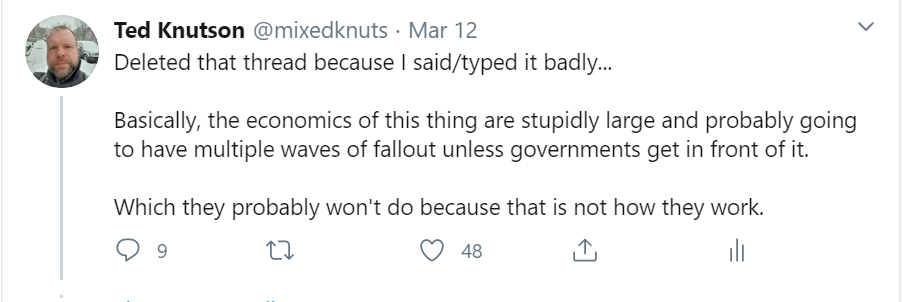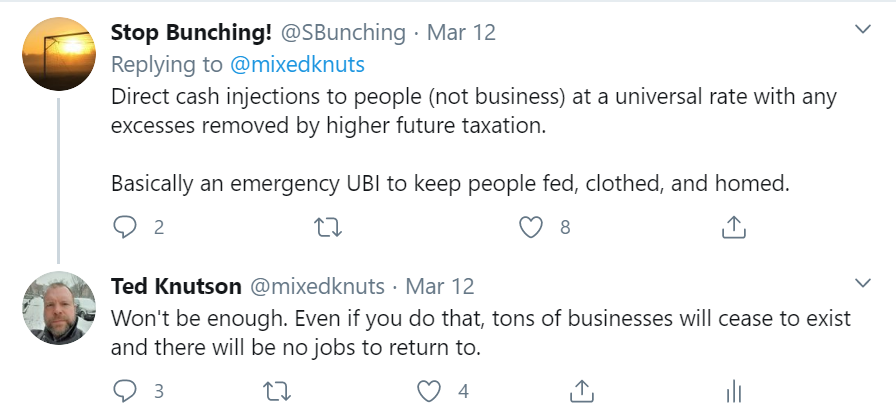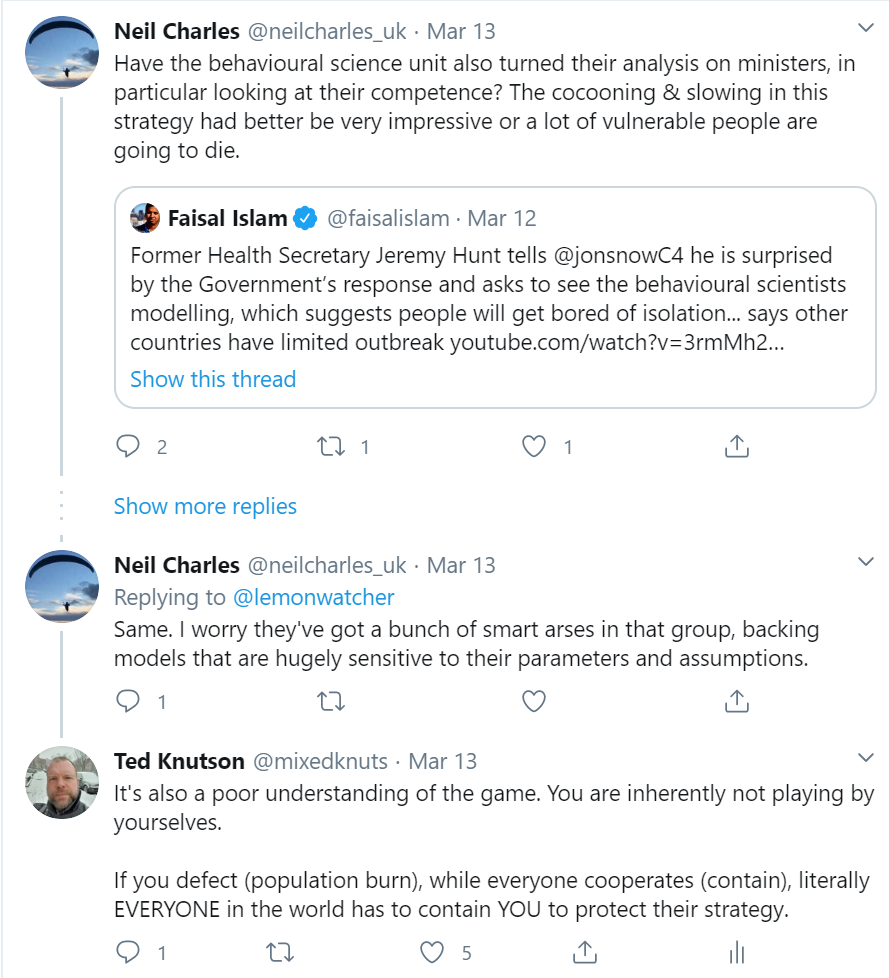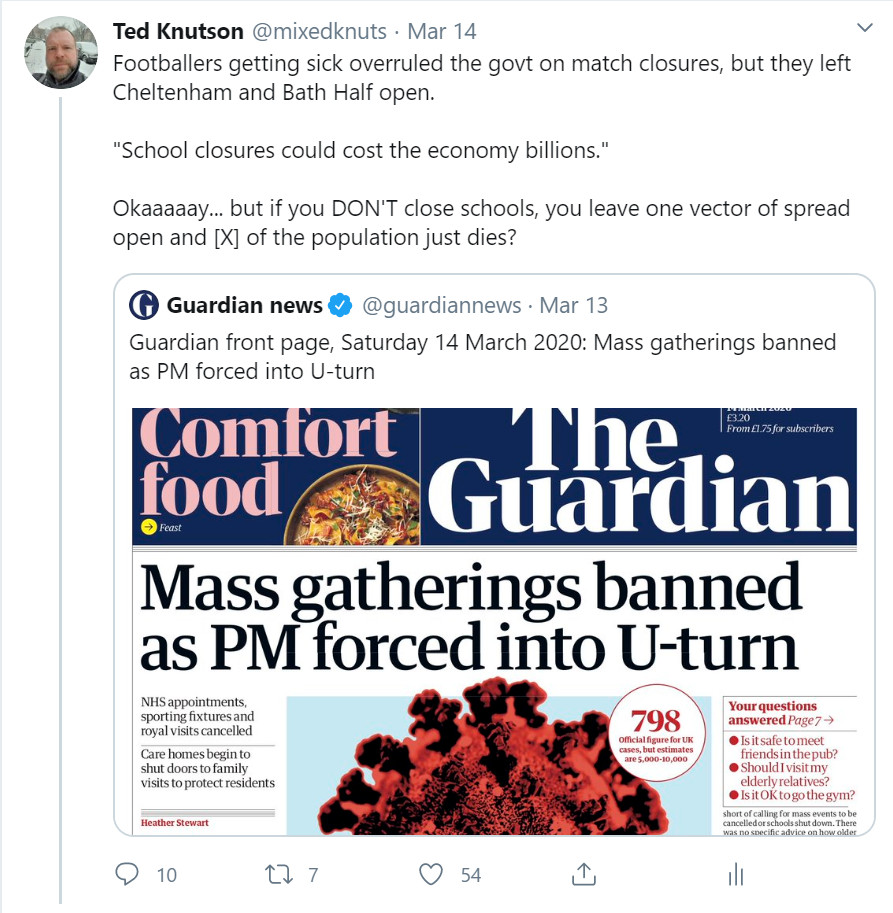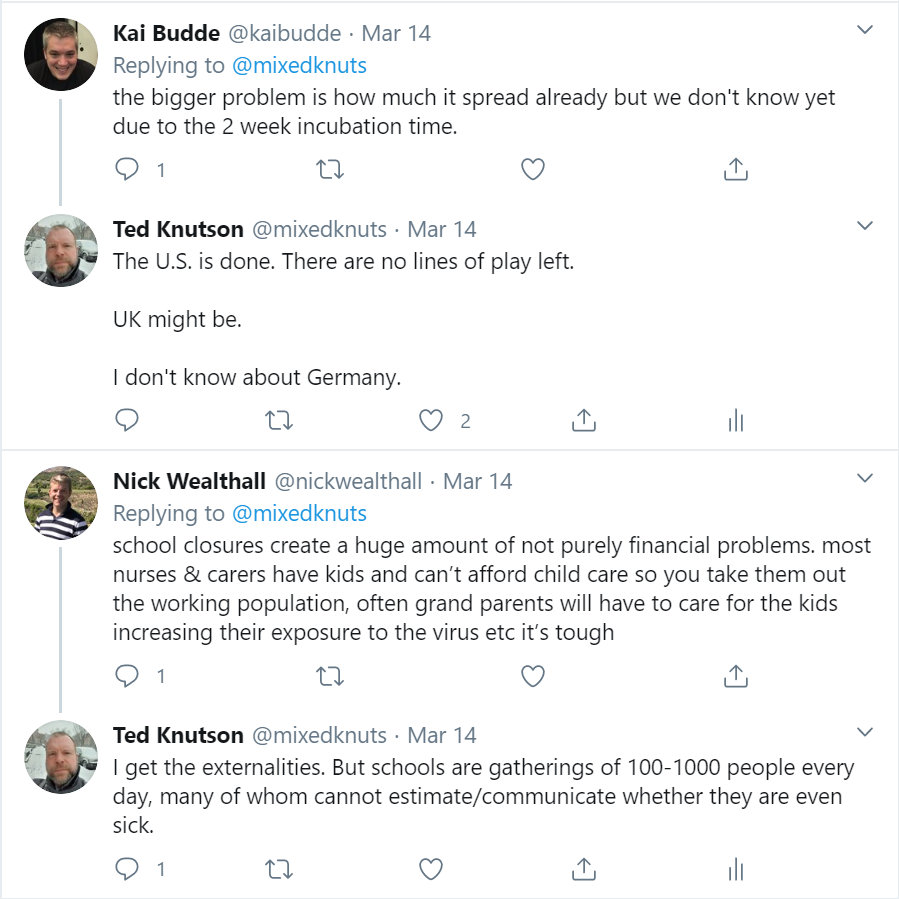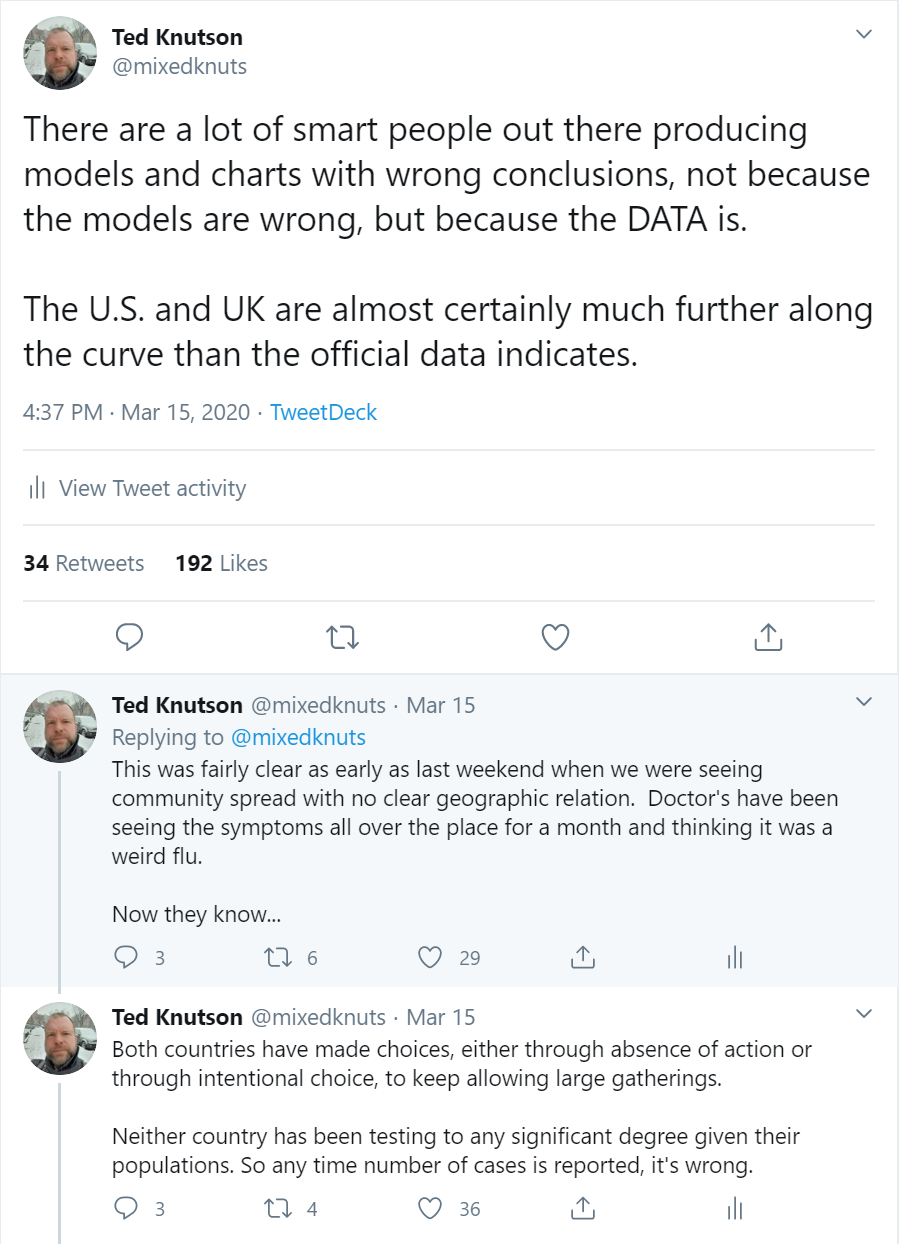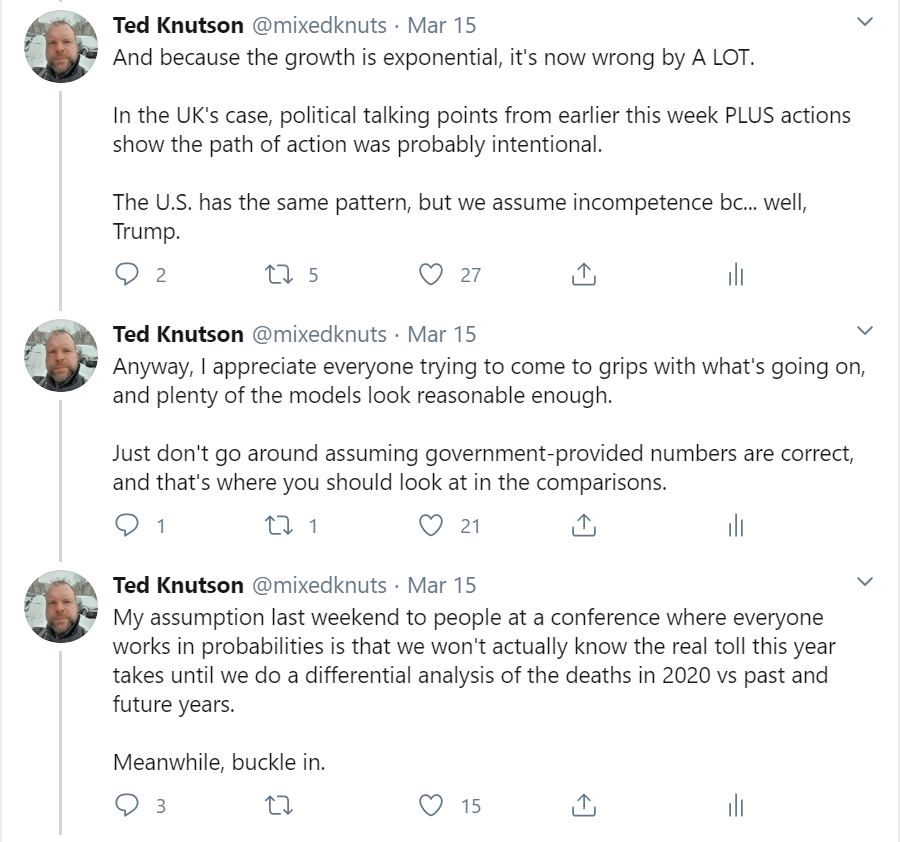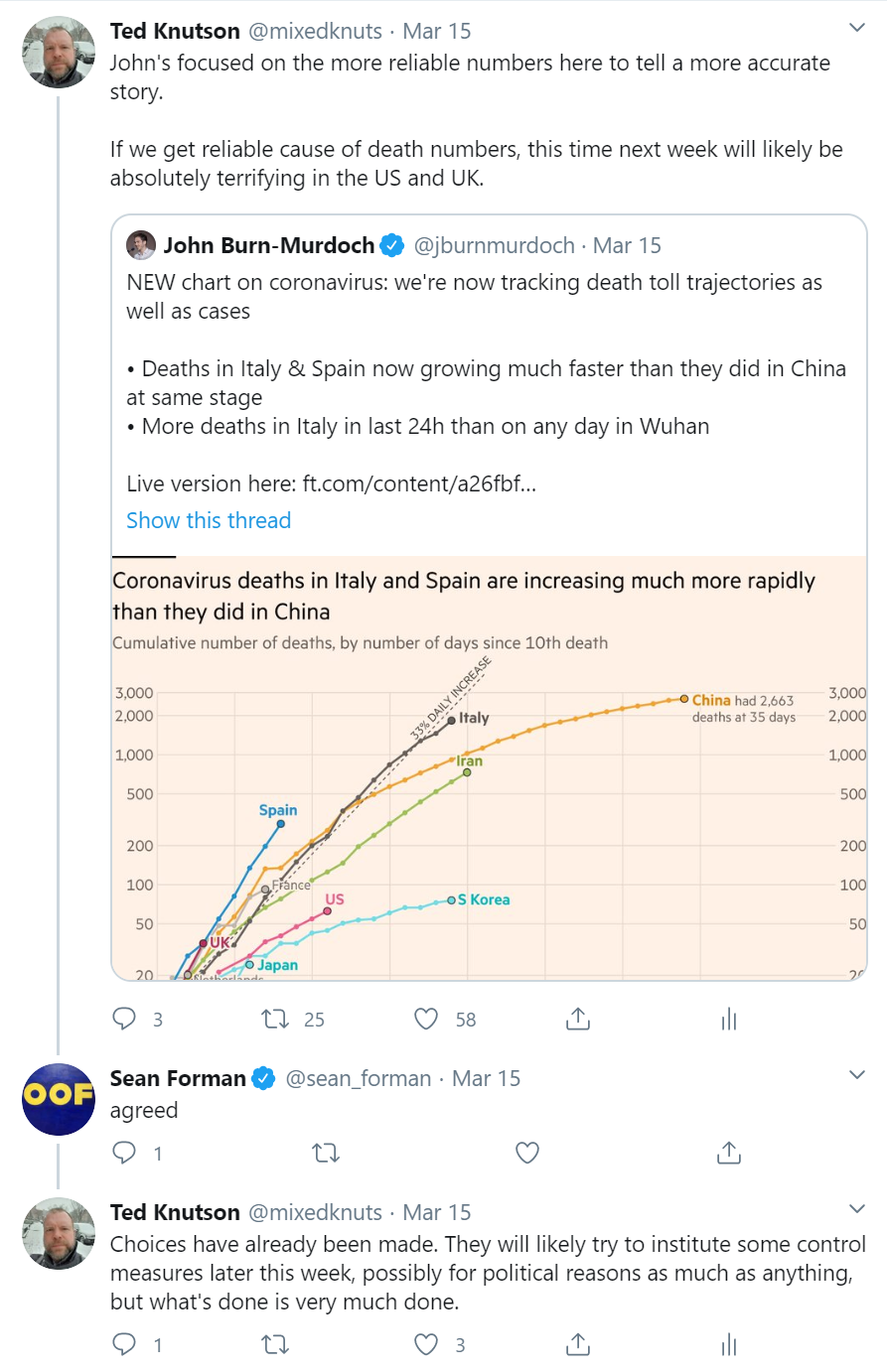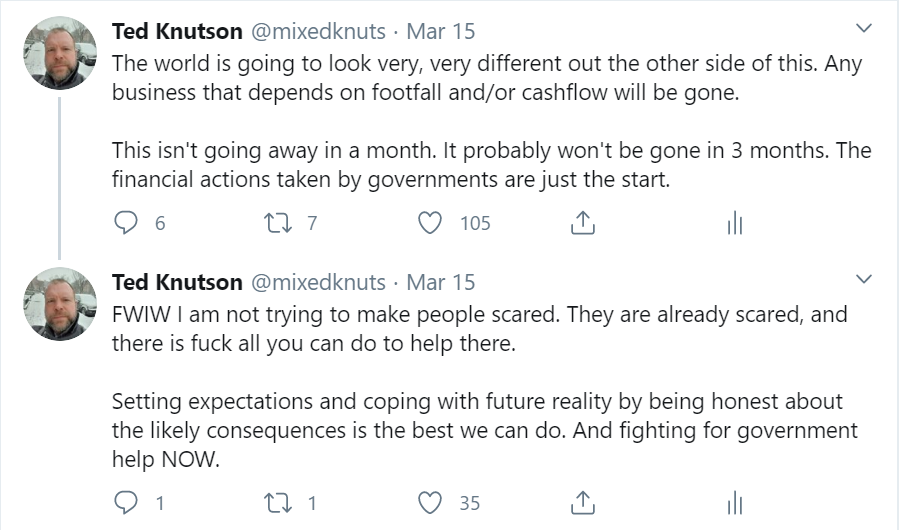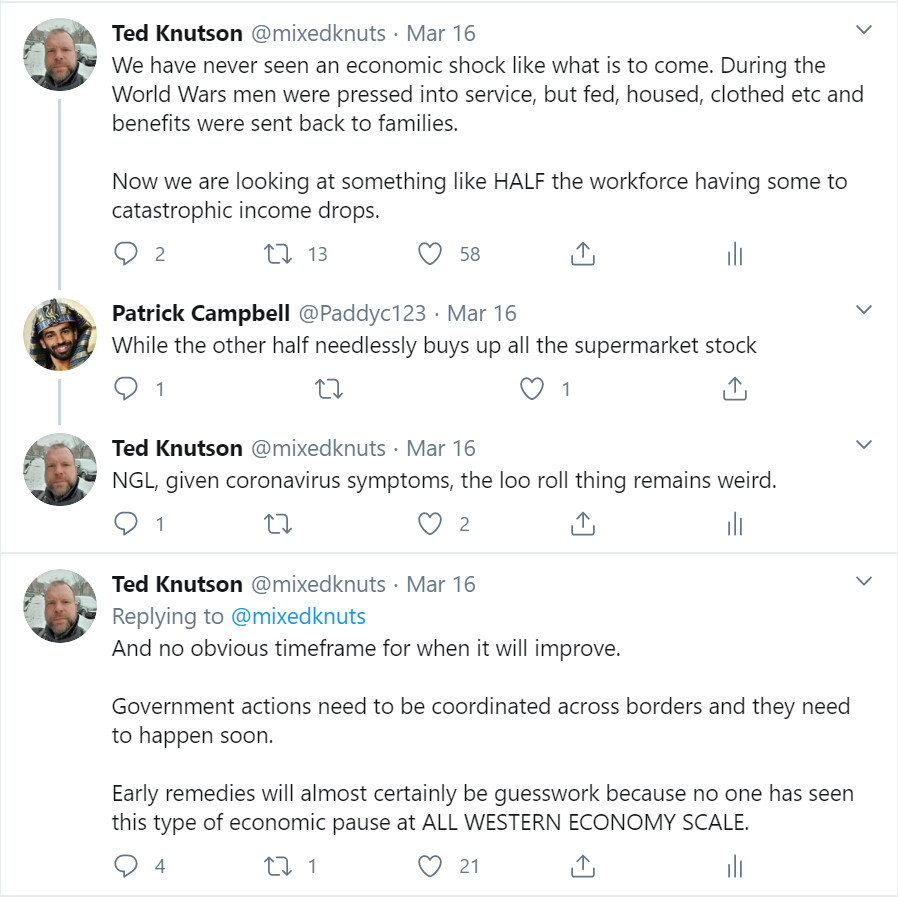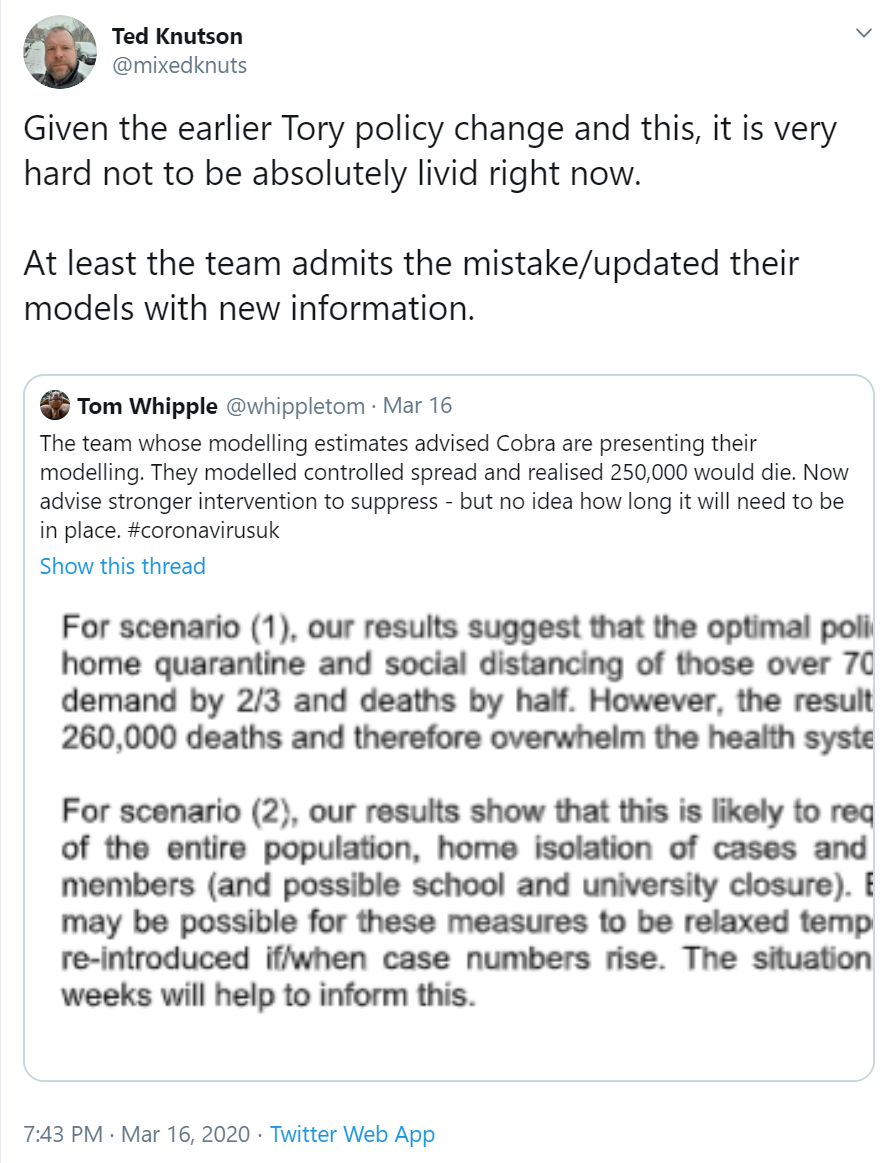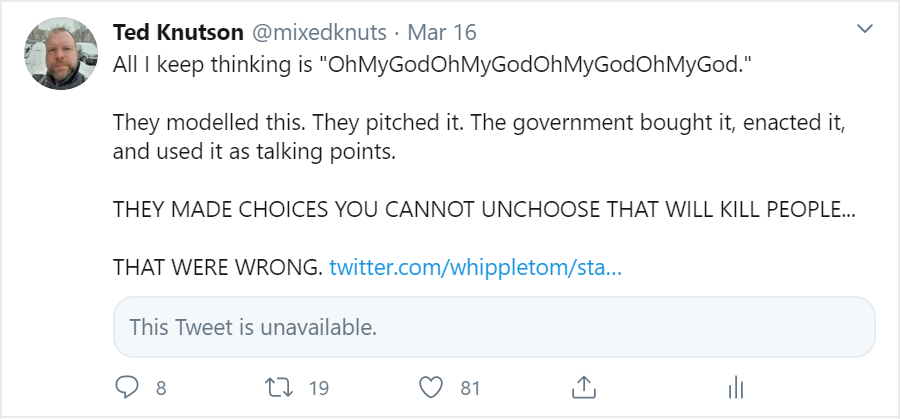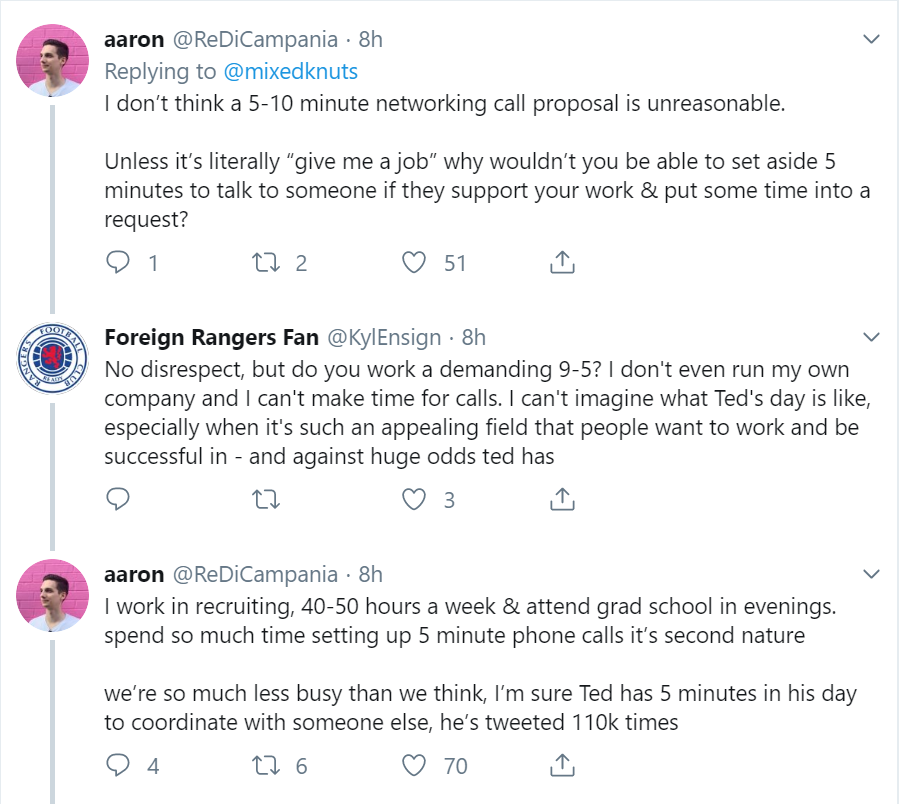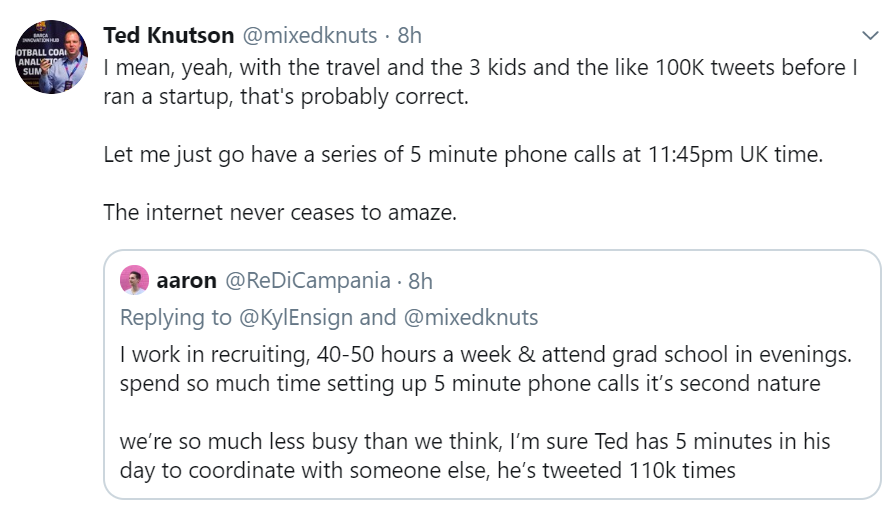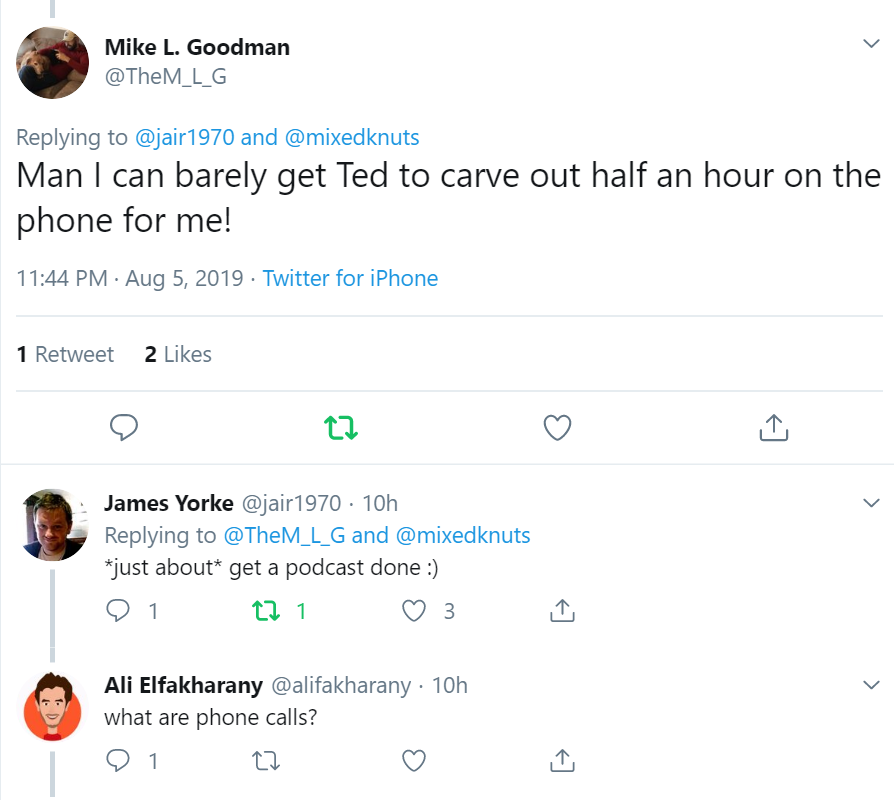As noted in my last update, I run a lot now. And as part of my running, I have started to listen to podcasts. I listened to very few podcasts before, largely because I preferred reading books, but the pandemic has changed all of that. Podcasts from the right people combine the knowledge sharing of books with interviews and humour from some of the legitimately smartest people in the world. And turning exercise time into the equivalent of reading time has been an extremely pleasant discovery.
The title here sounds like hyperbole, but I learned so much from these two podcasts that I think it’s true. Feel free to judge for yourself.
Patrick Collison on the Tim Ferriss Podcast (2018)
Patrick is CEO of Stripe and he and his brother John are both geniuses (not a word thrown around loosely). They also have the exact same accent as Ian Lynam, who I have known for nearly a decade now. Anyway, this pod touches on all sorts of stuff that is interesting – from decision-making frameworks, and the value of old, highly regarded books and so much more.
The decision-making discussion is quite deep and multifaceted. One touch point is around building a framework of other voices (either in your life or in your head) who have different perspectives than you do, that you can then reference when trying to think about new things. What might person X say about this from their perspective, and how might that influence how I am thinking about this? Averaging these viewpoints, even made-up ones, can lead to verifiably better outcomes.
Beyond this, find people you think/know are smart and highly regarded and then examine areas where you disagree. Instead of going through the process of flagging why they are wrong, invert it… go out of your way to validate the points of their argument and how they might be correct. This will teach you a lot about new perspectives and builds a logical framework that steps out of your own head to examine new ideas.
Another point on this topic is that decision-making itself is probably overregarded as a subject, partly because it’s misunderstood. Most decisions are not binary, they are actually hugely multivariate in ways you can’t always understand when you initially encounter them. Part of the secret to making better decisions is really digging into all the potential options and increasing the quality of those, so that your minimum outcomes become much better.
Another area of discussion here is around simply getting started and course-correcting as new information becomes available. It’s extremely rare in real life that we are able to make decisions with full information available to us, especially during any particular set of time constraints. Therefore sometimes you have to just get started with what you currently know, and then adjust course as new information comes to light. (Not covered in this podcast because it happened in 2018, but in cases like the pandemic, the correct choices were almost certainly to minimise any potential harm at the start and wait to learn more info so that future decisions would improve. Unfortunately that is not what happened in the U.S. and UK.)
Tl;dr: It’s far more valuable to be able to evaluate new information as it comes and reach the best outcome in the future than to make a more perfect initial decision.
Then there is a short discussion about outrage culture and how being outraged/offended is overutilised. Taken at an individual level, we should all be thankful people are pursuing strange/weird interests and not offended or taken aback by these things. YOU don’t have to be like this, but you should be happy that other people are out there experimenting (used in a very broad sense). And Patrick is a bit of a champion of taking strange/weird paths yourself, especially when young. In his advice to people age 10-20 on his website, Patrick says this: “Heuristic: do your friends at school think your path is a bit strange? If not, maybe it’s too normal.” I am no longer young, but was always a bit of an outsider throughout my entire life and it’s served me fairly well.
There are a couple of other thoughtlines in this that I already agreed with, but find particularly compelling and loved the way Patrick said them. One is around how most of the company structures for the biggest, brightest companies from the past still make a lot of sense. Google, Microsoft, Amazon etc all had relatively normal org charts while they were growing and look like companies. It’s nice that some tech companies are experimenting here with funky things like ‘hullocracy’, but most experiments fail. Appreciate them and that they exist and are willing to try new things – learn from them – but don’t feel you need your company to be different around largely solved problems.
Patrick is enormously well read and references a ton of books to delve into along the way, and Ferriss includes those in his show notes. Most of the pod is not really “business” stuff, it’s just really crazy smart and thoughtful. (And expect me to write about more Collison pods in the future, because there are a ton of them that are worth your time.)
2. Sam Hinkie on Invest Like the Best – Find Your People (Dec 2020)
Invest Like the Best and Founders Field Guide are hosted by Patrick O’Shaughnessy, and they have been my most listened to pods in 2020. Patrick regularly lands great guests, asks them interesting questions, and then gets out of the way so that a huge variety of smart people can deliver insight from their perspective.
His guest on this episode is Sam Hinkie, formerly of the Philadelphia 76ers and currently launching his new investment firm 87 Capital. I’ve been lucky enough to meet Sam three times at the Sloan Sports Analytics Conference, and much like Patrick, I find him a joy to talk to. This is despite the fact that our first meeting went like this…
Scene: Pre-Sloan Speaker Meetup
It’s my first time at Sloan and I know literally no one in the room. I sort of stand out of the way and occasionally make some small talk with a couple of students, but being in the same room as Daryl Morey, Shane Battier, Luis Scola, Casey Wasserman, etc. when you know no one and no one knows you is wildly intimidating.
I finally spy Hendrik Almstadt, who I know is on my Soccer Data panel. Hendrik is talking to a man I have never seen before. I politely sidle up to them and interrupt to say hello, because I am desperate to talk to anyone before I disappear.
Hi Hendrik, how are you?
Oh hi, Ted.
Who’s your friend?
This is Sam.
Sammmm…. *waiting for last name as I can’t see a name tag*
Hinkie.
Oh. Oh my god. I am a huge… it’s uh, great to meet you. Love your work.
I’ve been lucky enough to catch Sam at a couple of dinners since that time and our conversations were a little less awkward for me. Iterate and improve. Iterate and improve…
Sam talks about so many things in this episode, but as noted in the title, the bulk of it is about people. He discusses hiring and interviewing in ways I don’t think I’ve ever heard before. That then flows into evaluating founders and venture capital prospects in a way that is very contrarian to a lot of what is happening right now in the Silicon Valley/VC community.
“I think I care about the value of recruiting more than almost anyone I know. I think getting in amazing people – at the start, in the middle, at the end, all the way through… having an ever-raising bar that everyone has to clear… it might not be everything, but it’s close.” – Sam Hinkie
StatsBomb spent so much time hiring, and I spent so much time thinking and learning about it this past year, that I’ve done deep dives elsewhere and Sam’s almost certainly right. Hiring is hard. People are hard. I’m not sure how well Sam’s ideas carry forward to scale at 250-500-1000s of people, but the framework of ideas will continue to matter. And that’s where culture comes into play as well.
Recapping Sam episodes of anything are hard, because he touches on so many topics in different ways. This one is 77 minutes long and pretty much every minute is amazing.
Looking around the world today, it feels extremely important to highlight people who are better thinkers and who can guide thinking to better frameworks than you would encounter elsewhere. Listening to these conversations here and elsewhere, it feels like Patrick and Sam agree with this and go out of their way to do the same.
Personal Note: One of my problems with this new setup is that I tend to enter a sort of fugue state when I run. I suspect it’s a combination of runner’s high and my brain blocking out the pain from my body. So despite having an outstanding memory for written information or conversations, I struggle to recall all the details in a 1-hour podcast while I am running. If you have any tips to work around that, do let me know, but it doesn’t change the fact that I have listened to some amazing stuff lately.
–Ted Knutson
